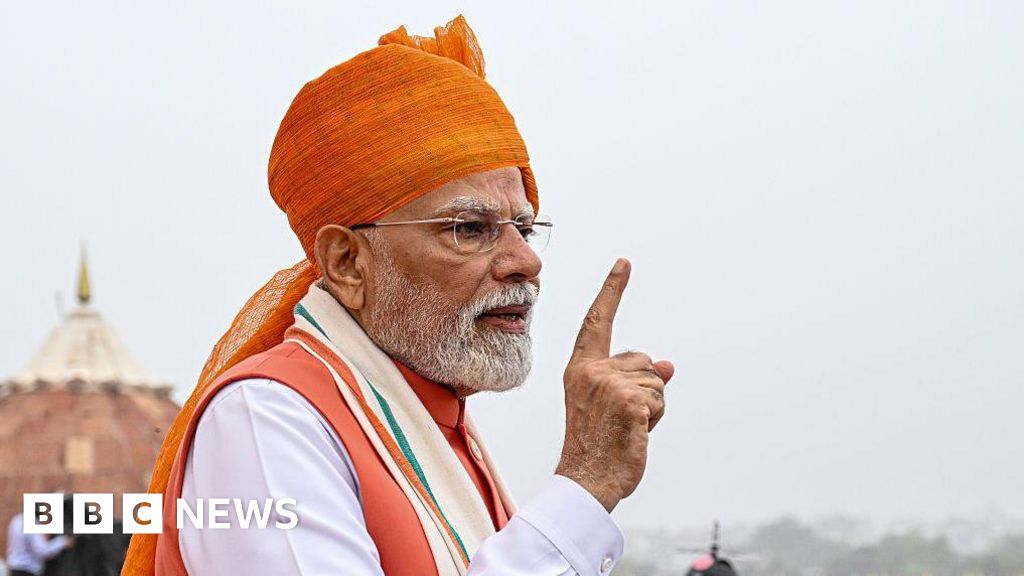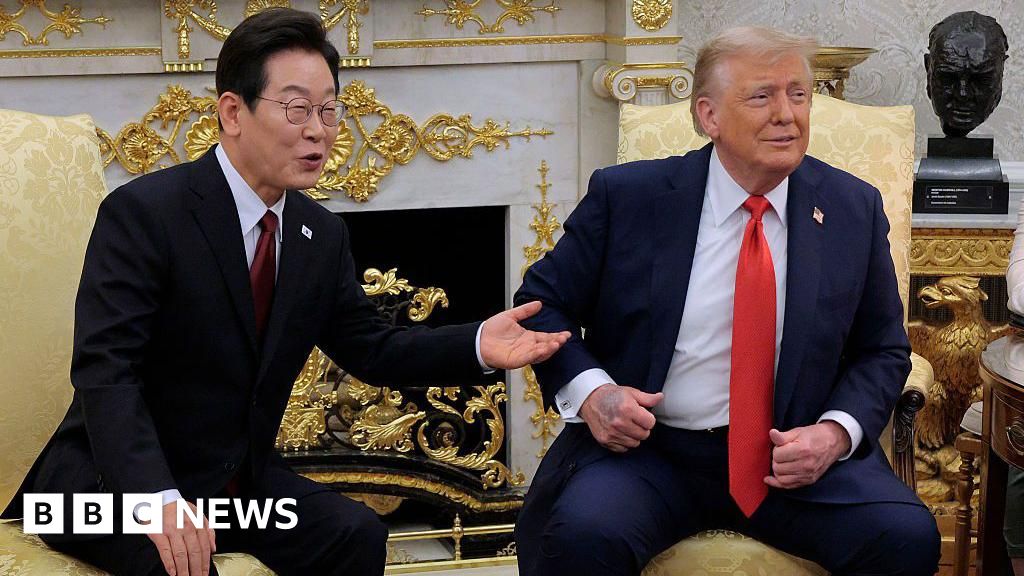Amid shifting public sentiment regarding Brexit, Prime Minister Keir Starmer finds himself navigating turbulent waters as he endeavors to rekindle relations with the European Union (EU). A recent survey indicates that a significant portion of the British public now views Brexit as a misstep, adding pressure on Starmer's administration to take a more conciliatory approach. However, as he prepares for an imminent meeting with EU leaders, opposition from the right-wing media and political factions signals a challenging landscape.
Prominent figures within the Conservative Party have branded the upcoming summit as the “surrender summit.” Andrew Griffith, a key trade and business representative for the opposition, has been vocal on platforms such as Parliament and social media, employing the term to cast doubt on Starmer's intentions. Major tabloid outlets, such as The Mail on Sunday and The Daily Mail, have echoed a similar sentiment. The Sun, owned by Rupert Murdoch’s News Group, has even launched a campaign with the pointed message “Don’t Betray Brexit.”
More than nine years since the historic 2016 referendum, the ramifications of the decision to leave the EU continue to loom large. The notion that closer ties might offer opportunities — such as easing trade restrictions and enhancing European security amid global uncertainties — does not resonate with all. A notable cohort of voters vehemently opposes any perceived retreat from the staunch stance on Brexit.
The right-leaning tabloid press, which previously championed the exit from the EU, has ramped up its opposition. For instance, The Daily Express recently warned that British troops could be deployed on EU missions, referring to a purported “leaked memo.” Contrary to the alarmist framing, the memo only suggested that the UK would “consider” participation in missions if invited by the EU, thereby highlighting discrepancies in the reporting.
The controversy surrounding Starmer's diplomatic overtures illustrates the ongoing discord within British politics, revealing the complexities of post-Brexit negotiations and the challenges associated with repairing relationships strained by years of division. As the Prime Minister gears up for the summit, the polarized media landscape is likely to amplify scrutiny of his every move, making the path forward complicated and contentious.



















